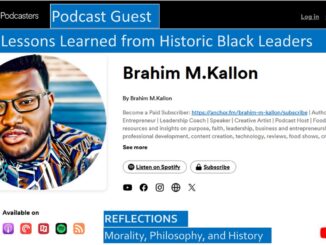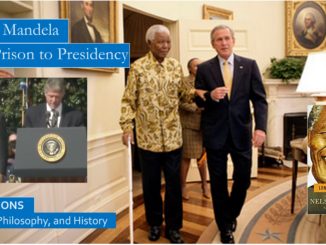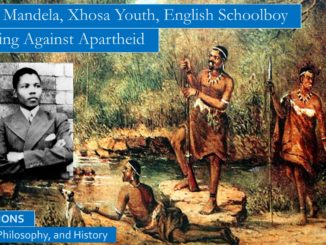
What Moral Lessons Can We Learn From Black Civil Rights Leaders? From the Brahim Kellon Podcast
Will the Civil Rights movement ever be fulfilled? It has not yet been fulfilled. But I can tell you when it’ll be fulfilled. It will be fulfilled when you make that last trip across the river, and you go to that place where everybody’s kind to you, and everybody’s nice to you, and where there is no discrimination. But once you go to that place, you’re not coming back. It’s a one-way trip, because when you are singing with Elvis, you know, you can’t come back.
Civil Rights is just an eternal struggle, the struggle for encouraging everyone to love their neighbor, and to be kind to their neighbor, which is really what the Civil Rights movement is all about. From the minute that President Nixon got elected, the Republicans have been trying to rollback civil rights, and the Republican Supreme Court justices have been pushing back against civil rights ever since. So, it is a never-ending, eternal struggle. It just never ends. […]


